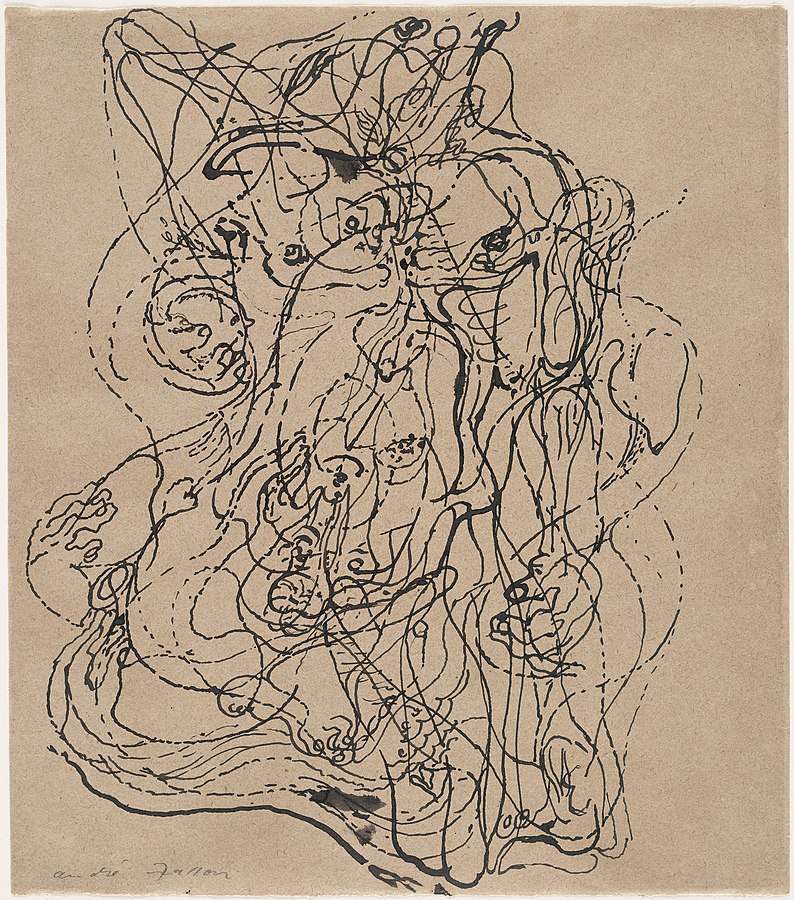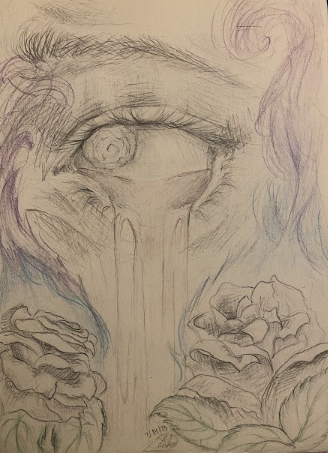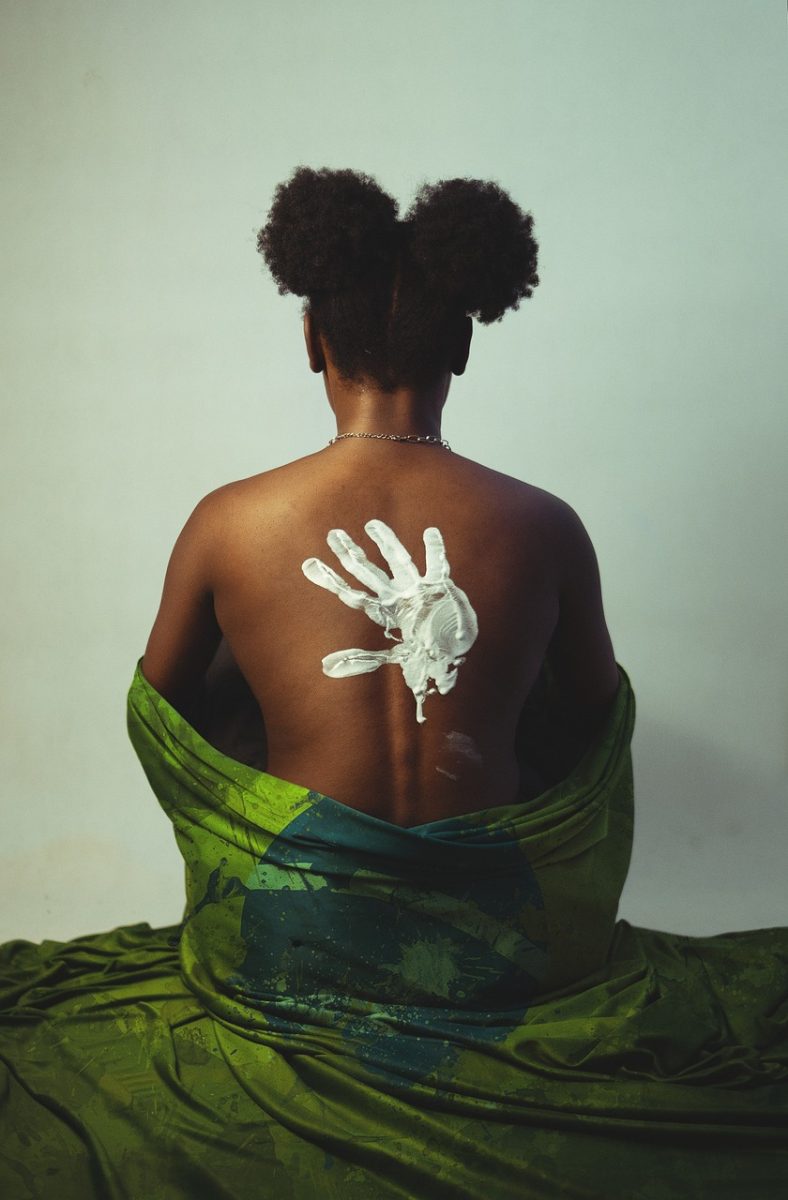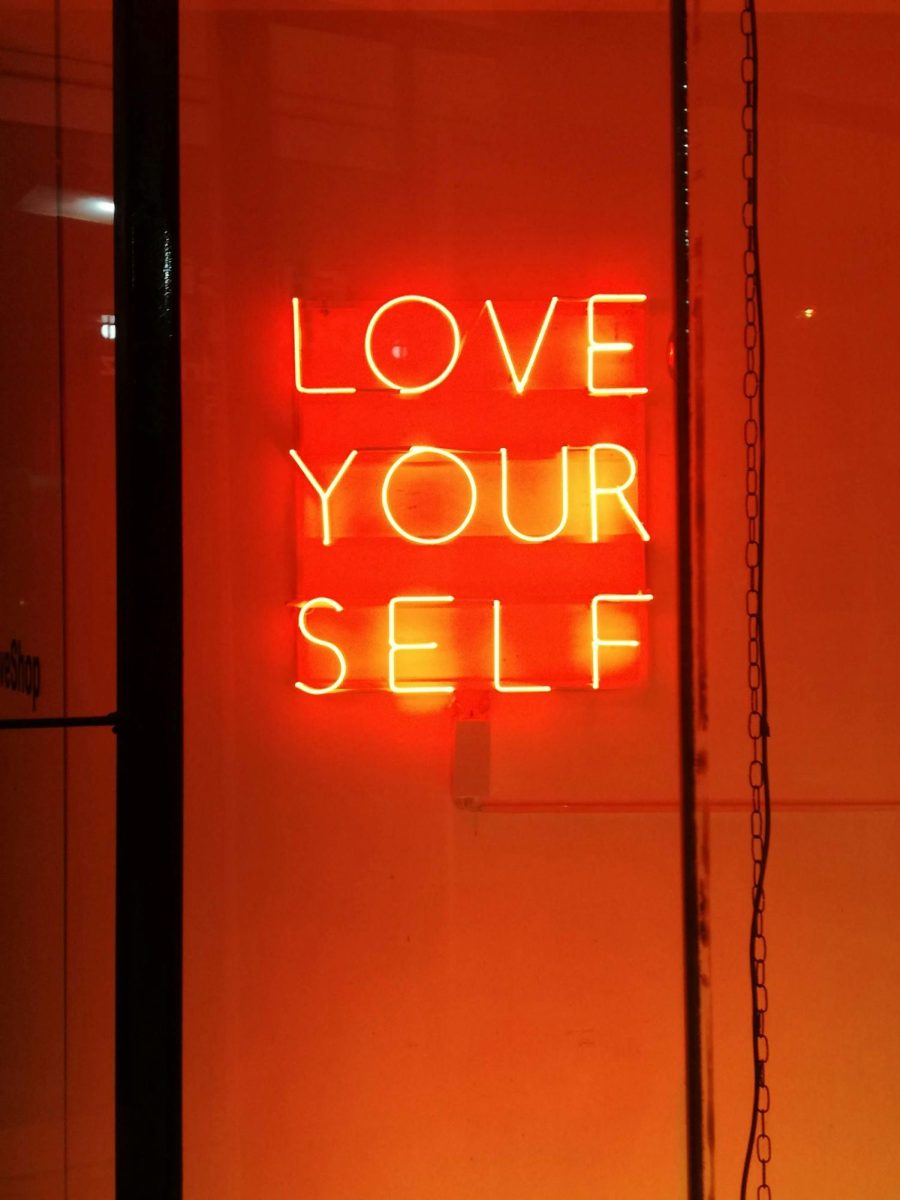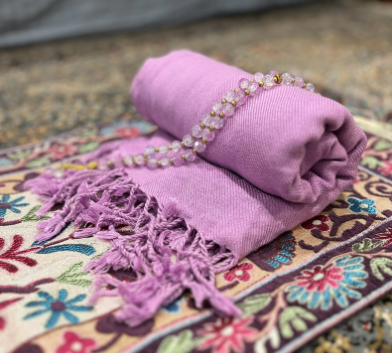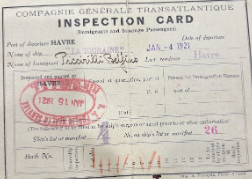The Bell Jar is an American classic written by the renowned author Sylvia Plath. Plath’s witty personality, combined with her powerful storytelling, creates beautifully crafted pieces of literature, and The Bell Jar is no exception.
The Bell Jar tells the story of Esther Greenwood, a woman interning at a magazine in New York City. Regardless of the opportunities given to her, Esther finds herself disassociating from life and unable to appreciate her time at the internship—the wonders of New York fly straight over her head as she struggles to deal with her unstable identity and yearning for direction in life.
Plath’s exceptional writing brings life to an otherwise quite depressing story- Esther battles societal expectations of marriage and proprietary, constantly teetering on the edge of insanity. Life only tumbles downhill for her after her internship, as she gets rejected from a writing course and spends her summer wallowing in misery, dragging herself around her dull suburban town. The whole debacle seems almost romantic until thoughts of self-harm begin to shadow her mind, and soon enough, it is all the book is about. At first, you roll your eyes at Esther’s seemingly over-dramatic thoughts of self-pity and scoff at her egotistical nature. Still, as the plot moves on, Plath delves deeper into Esther’s thoughts and emotions, treating them with care and describing them so that you can nearly feel them in your heart. It’s painful, really, but it is something that I think is worth reading.
You see, it is important to realize the book’s historical context. Set in the 1950s and written during a similar period, The Bell Jar was incredibly revolutionary. It spoke of mental health issues of young women during a time when women were thrown into asylums and tortured with shock therapy, a time when women were nothing but pretty jewels who glittered beside their accomplished husbands. The fact that the story is semi-autobiographical makes it even more impactful. The Bell Jar is often considered a work of feminist fiction that discusses the rights of women and the workings of their hearts/minds- in a way, I can certainly agree with this label as the book brings up these topics brilliantly, and the analogies, as well as metaphors strewn about the story, make it even more memorable.
With all that being said, I think it would be a disservice to the themes of this book if I did not discuss the rather blatant racism sprinkled throughout the story.
While I agree that we should not too harshly criticize authors of the past for writing in ways that were deemed socially acceptable at the time, I think it is still essential not to gloss over the fact that many of these famous and well-known authors were incredibly bigoted, regardless of the time that they lived in. What I think is especially strange about Plath’s writing is that she is aware of the many issues of society, such as women’s rights and mental health awareness, but still somehow misses the point when it comes to racism. As a person of color, the juxtaposition between Plath’s poems about women’s freedoms and the sudden xenophobia she demonstrates in her writing was a bit uncomfortable to read. Out of everything in this book, that is what made me the most upset- the rest, I can understand, but I do not see any reason to include such racist remarks.
In one scene, Esther encounters a Black man at the asylum, and Plath (who, before this, never differentiated people’s accents) decides to make Esther mock the man. She kicks him due to ‘suspicions’ regarding his behavior/intentions. In another part of the book, she compares herself to a Chinese woman, but degradingly, as if looking Chinese is considered an insult. At one point, she even stereotypes Slavic women- throughout these scenes in the book, Plath’s disregard for other races is clear. Though I wouldn’t call her a white supremacist, she makes it clear that she views other races as inferior to her, something that I do not appreciate, no matter how revolutionary her novel may be.
One thing that disgusts me the most about book lovers is when people excuse problematic views in books simply because ‘it was normal for their time.’ However old the book may be, it is crucial to acknowledge its flaws- I am not saying that The Bell Jar is a useless piece of literature (I just praised Plath’s work three paragraphs above this one, after all). Still, I do hope that people start to think more critically when reading classic novels and utilize them as tools, not models of perfect literature.
To summarize, The Bell Jar was an enticing read, albeit alienating in more ways than one, and I enjoyed the overall experience. I can see why it is so popular amongst young women even today, as Plath has a certain talent for looking deep into your heart and turning its cries into lyrical lines of ekphrasis. Here’s to the woman who tore down the walls of the publishing industry with her riveting skill and ingenious ideas—cheers!


